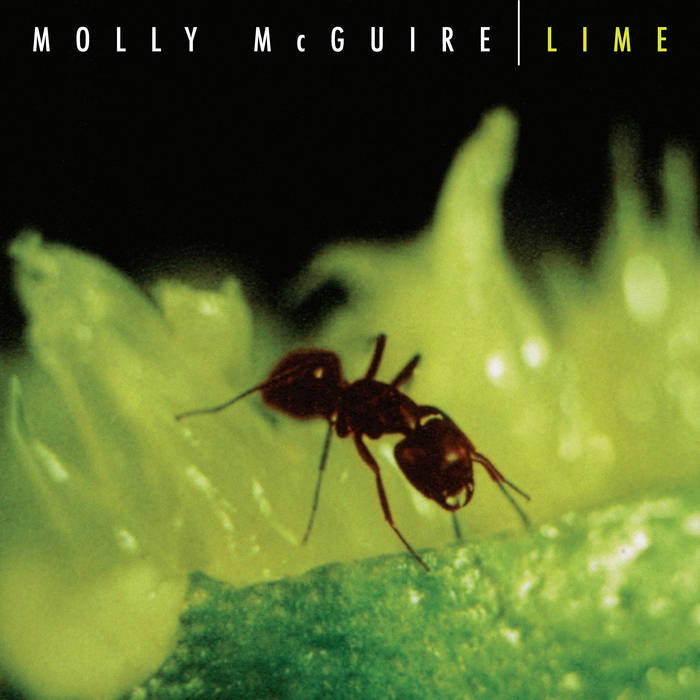Jimmy Montague – Tomorrow’s Coffee | Album Review
/Self-Released
The promotion of this record has made this writer feel genuinely very bad.
Once a week for about sixteen weeks, Jimmy Montague has posted to his Twitter page with increasingly desperate (and in some cases menacing) pleas to not “fuck him on this one.” Writers, labels, publications, and fellow musicians have faced the eye of Jimmy and withered under its gaze, seemingly unable to handle the simple task. Don’t fuck him on this one. And yet, here I am, late on deadline by about a week (maybe two?), trying to offer my thoughts on this album in just a few measly paragraphs. Don’t fuck him on this one. How hard can it be?
The playful bemusement in the first measures of Montague’s new LP Tomorrow’s Coffee doesn’t feel real. That’s not to say that it lacks authenticity– in fact, it’s an immediate and striking way to begin a record of heart-on-sleeve rock and roll storytelling– but it’s so puerile and delicate, possessed of a heart that’s pointedly absent from this modern and crystalline world. Montague’s sonics, too, throw the listener back to a warmer age of music-making; the obvious touchstones of Steely Dan, Chicago, and Billy Joel bleed through every song. From the meticulously arranged horn flourish (second single “Only One For Me”) and bouncy bongo groove (“The Smoke After the Kill”), those touchpoints hang heavy over the music, but Jimmy eschews such pigeon-holing.
On standout “No New Starts (For Broken Hearts),” he trots out a neurotic and folksy acoustic bounce that channels both Elvis Costello and Elliott Smith, at once dopey and jaded, lovesick and a total card. On “Halfway Out the Door,” he brings a newfound zeal to an instrumental so effusive that the only possible point of comparison is Aretha Franklin’s 1972 live record Amazing Grace. Montague has created an intoxicating vintage sonic world for a new era of jokers, smokers, and midnight tokers that boasts his formidable knowledge of rock history while also maintaining an intense sense of identity.
Montague’s talent, though, extends beyond rock– his ensemble consists of, at minimum, nine other musicians playing vastly varied (often multiple) instruments to dense and heady arrangements penned by the man himself. As a composer, Montague shines on this record more than in any of his previous works. On lead single, “All the Same,” the jaunty piano is grounded by sustained horn bellows and gently voiced “ooh la la’s” outlining chords in the back of the mix. On mid-album cut “Worst Way Possible,” the vocalizations give way to sweeping strings and grandiose classical piano gestures that feel ancient, far more moving than any rock ballad could ever hope to be. But beyond these compositional flexes, Montague has also found a way to transcend the average rock band’s understanding of the studio recording experience. On that track, his deft hand in the studio shows, sending notes swirling around listeners’ heads in what surely is the biggest climax in a rock song of this current decade before slamming it all back down to the bare minimum, an electric piano and a whispered hook.
Tomorrow’s Coffee is a record about finding the triumphant in the small. It’s a record about holding on to the biggest emotions in life while being worn down by monotonous and painful everyday nothings. In a way, despite its retro stylings, it’s the most ‘20s a record can possibly be– wracked with anxieties of loneliness, of destitution, of losing what little you have, of being fucked on this one and finding hope in spite of it all in the maximalist rock-and-roll of days gone by.
Michaela Montoni is a nonfiction writing student at the University of Pittsburgh, originally hailing from New York. When she's not writing, she's bruising herself attempting skateboard tricks, playing with her punk rock band, digging through bookstores for '70s pulp sci-fi paperbacks, and wandering Pittsburgh in search of good coffee.





